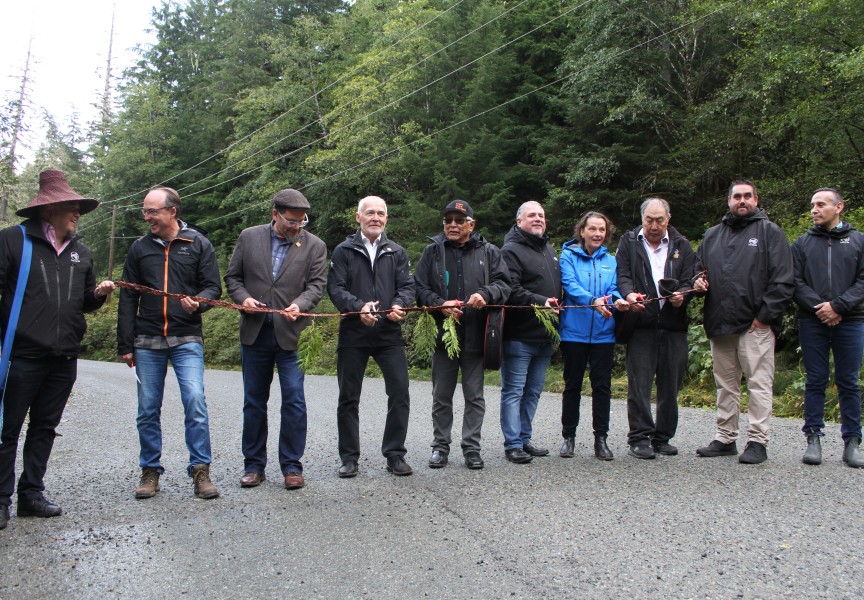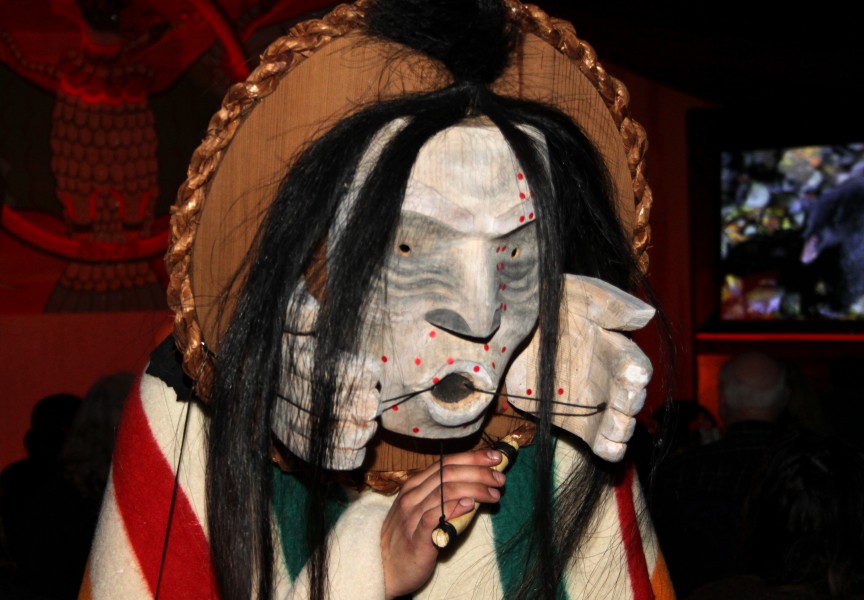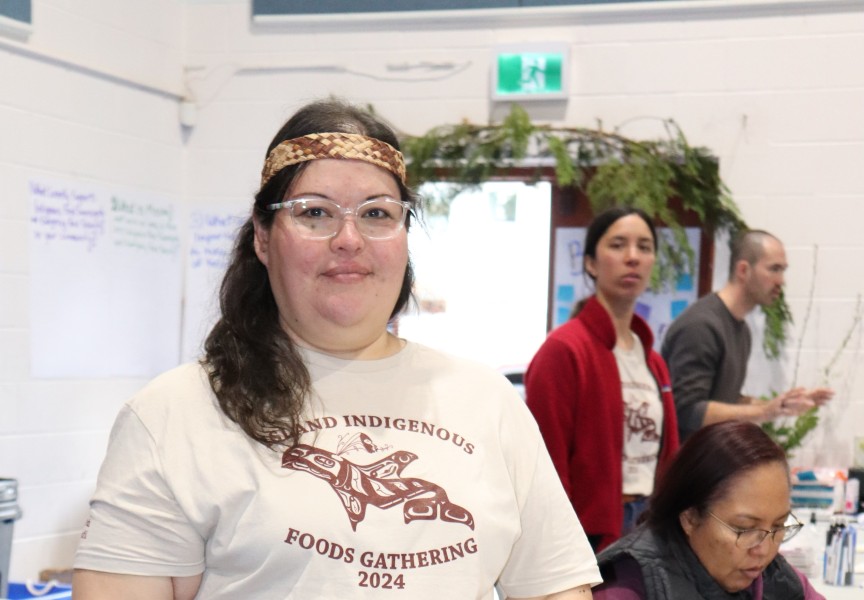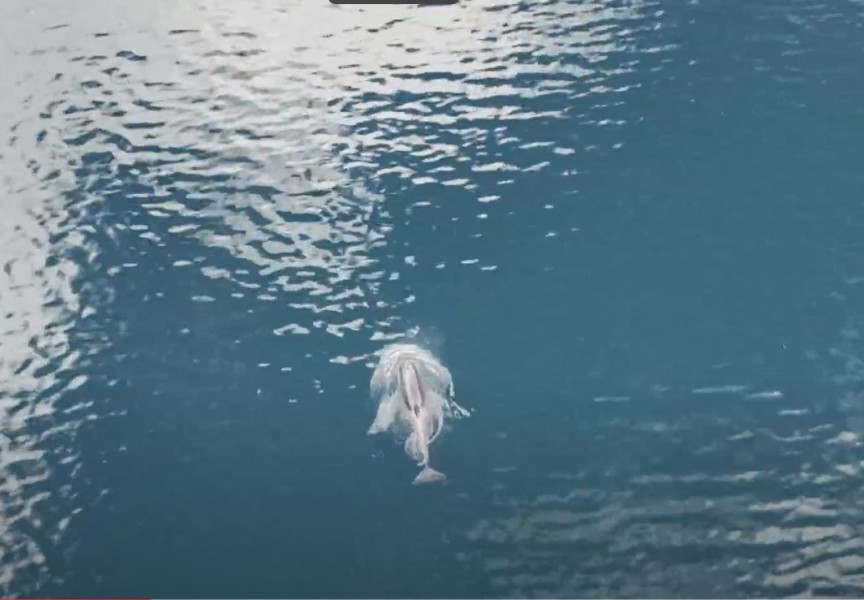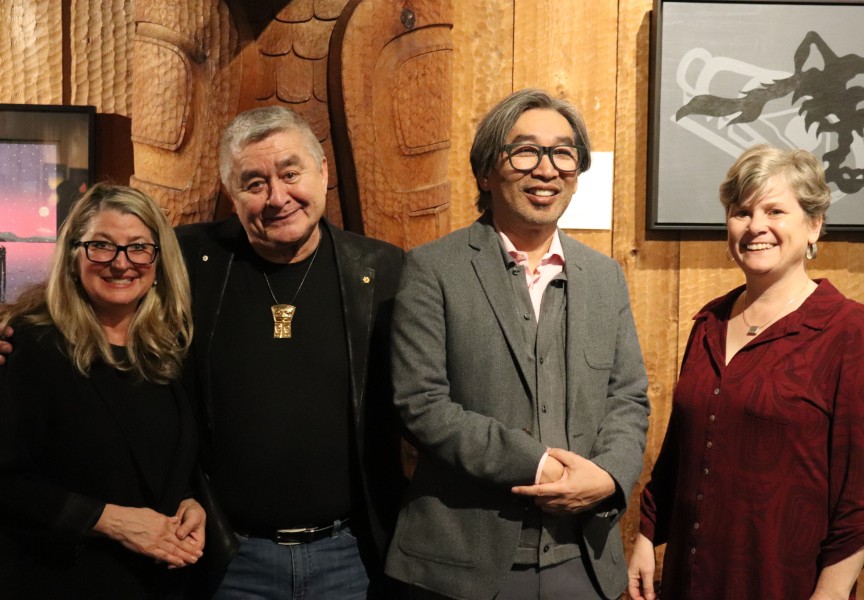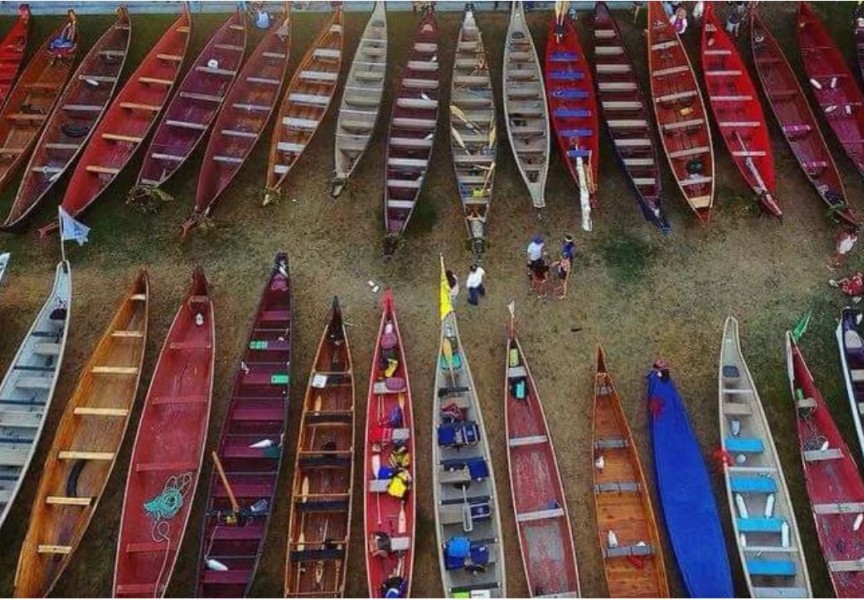An Election Toolkit has been prepared to help leaders and influencers in Nuu-chah-nulth communities get their members prepared to vote and engaged in issues for the upcoming federal election.
Ken Watts, vice-president of the Nuu-chah-nulth Tribal Council, worked on the toolkit with President Deb Foxcroft. It contains:
- briefing notes on important Nuu-chah-nulth issues for area candidates (Fisheries, Education, and Child and Family Services are just a few among them);
- 10 questions that can be asked of candidates specific to Nuu-chah-nulth concerns;
- a ‘letter of confirmation of residence template’ for members struggling with problems having the required identification to vote;
- information on “Aboriginal Swing Ridings” where the Indigenous vote could determine the outcome (all three ridings in Nuu-chah-nulth territory fall into this category—Courtenay-Alberni, North Island-Powell River and Cowichan-Malahat-Langford);
- important information from Elections Canada on voter registration;
- and much more.
Watts said he has been hearing in community meetings that this election, in particular, is one of the most important to First Nations people and that Indigenous nations needed a strategy to get the vote out. He said the toolkit is one component within that overall strategy.
Watts said he learned from his late father, George Watts, how important it was to vote, and that each vote counts. Ken has voted in every election he could since becoming old enough to vote, he said. But he realizes, for many that’s not the case.
There was a time, not so long ago, that Indigenous people thought their voice wasn’t being listened to, so why bother to vote if it didn’t mean anything, Watts told Ha-Shilth-Sa. But the Idle No More movement changed the engagement of Indigenous people in Canadian politics.
Watts said it’s about more than that old saying, ‘If you’re not part of the solution, you’re part of the problem.’ It’s now ‘Your solution matters. Your vote matters.’ He said he’s noticed on his social media accounts more of his contacts sharing information on what the political parties are saying…and promising. And some of those people who are now sharing, Watts would never have guessed that they were politically active. People who were once saying they didn’t care, are now saying they do.
Aboriginal interest in federal politics is at all-time high, Watts said, and the legacy of the Idle No More movement will motivate citizens—even those who have never voted in a Canadian election before—to make the effort to cast a ballot.
“I think we are in a new time.”
He said the goal should be to have 100 per cent voter turnout, and he’s particularly focused on young voters, saying the low participation of youth in past elections is not acceptable.
But not only does Watts want people to vote, he wants them to be informed voters. Part of the NTC election strategy is to have candidates address Nuu-chah-nulth concerns directly, and NTC will be organizing all-candidates forums in the three constituencies in Nuu-chah-nulth territories. (The Courtenay-Alberni riding event is planned for 7 p.m. Sept. 28 at the House of Gathering, co-hosted by the Hupacasath Nation).
“If our people become informed and get out to vote, we’ve done our job.”
Another part of the strategy involves transporting voters to the polls. Watts and Foxcroft have committed to driving voters to most of the advanced polls in the Port Alberni area and on voting day Oct. 19. (More information on that here: http://www.hashilthsa.com/news/2015-08-11/it-your-right-vote ) Watts hopes that Nuu-chah-nulth nations will also work to develop transportation plans to get their voters to the polls.
Ensuring Nuu-chah-nulth-aht are registered to vote is also a big concern. After being on hold for an hour with Elections Canada to ensure he was registered, Watts ended up just going to the Service Canada office in person where he received his confirmation.
His mailing address and his physical address were different, and that caused difficultly in pulling up his information, he explained, something many voters in rural or remote communities may experience.
And it looks like others are frustrated by the Elections Canada processes.
Tseshaht Chief Councillor Hugh Braker today on his Facebook page complained of the difficulties he was having in getting election materials to hand out to his members. The local office told him he could go into the office and write down the information on the posters that they had there, but he couldn’t get those materials from them to take back to his members.
Braker also wanted information on the changes to election rules, and the local office told him to write it down and give it to his membership.
A number of comments were made in reaction to his post. Someone provided the Elections Canada website. Unfortunately, not all First Nations people have computers in their homes, or Internet access, and some seniors are not as computer savvy as younger people are, he replied.
Another person commented that she had tried to register online, but her reserve wasn’t listed.
On Sept. 3, Braker updated his page with news that Elections Canada in Ottawa had read his complaints and contacted him. He said the Port Alberni office was “wrong” and that headquarters could provide “lots of information to help our members” register. And they would send that material out that day.the Port Alberni office was wrong and they can provide lots of information to help our members. He is sending it out to me today.

